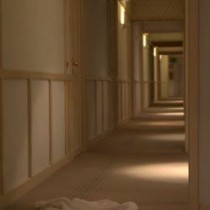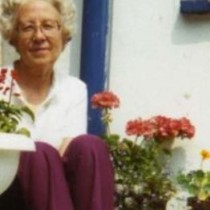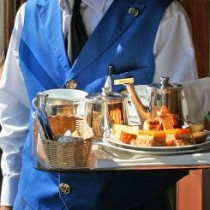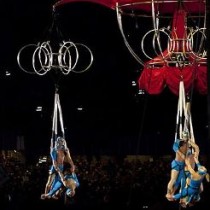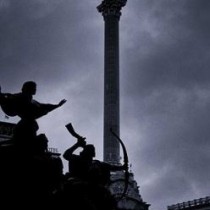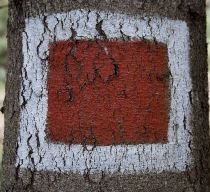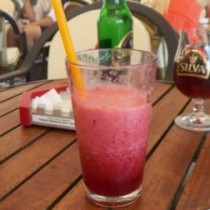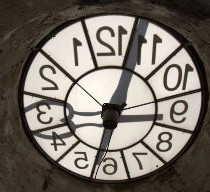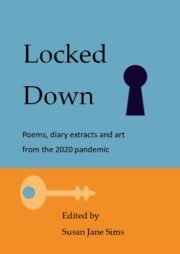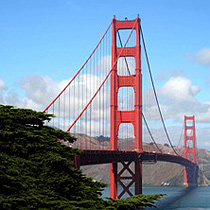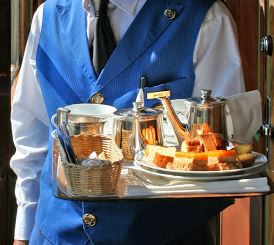• Archive of all Poetry Space showcases
Chosen by Poetry Space Editor Susan Jane Sims
Copyright of all poems and photographs remains with their creators. Please do not reproduce material without express permission.
This Morning
If everyone was looking at this morning,
The way the light hits the floor,
The train seems softer,
the birds on a low key,
As I sit in my chair, I think of the one
we squeezed into, side by side,
the oldest and the youngest,
A skyline we both could never imagine,
Not for me, fragile in our chair,
the youngest and the oldest,
And we were looking at this morning,
The way light hit the floor,
The train seems louder
and the birds break the silence.
Rob Benson
—————————————————————————————————————————————————————————————-
Red Geraniums
Aunt Kate
and red geraniums
go together
I remember
rubbing the leaves
so my fingertips
smelt green
window boxes
heavy with flowers
balanced on the sill
at a precarious angle
pots on the step
scattered red petals
and a door
that didn’t fit
I remember
Aunt Kate’s long white apron
I have no memory
of Uncle Andrew
just the sound
of the sea
and an empty wheelbarrow
Moira Andrew
———————————————————————————————————————————————————————————–
Sylvia Longworth
Without a doubt it was Sylvia.
I recognised her instantly… .
After what, fifteen years?
Her unforgettable looks,
the cascading tousled hair
and those pouting, teasing lips.
The long, slim neck,
sweeping exquisitely
to shapely full breasts.
Yes, it was Sylvia Longworth.
Even standing this far back
straining over the shoulders
of other gallery visitors
I recognised her.
Who could forget a girl like Sylvia?
Slowly the crowd thinned
and I edged nearer the painting,
now I could see every inch of her.
How I recollect those long
slender legs, and remember
how I imagined her pubic hair to be.
I recall her arms around me
the hesitant, gentle kiss. A tender
and unforgettable moment.
Yet, there was something different.
I studied the painting closely
and I realised…
her eyes had lost their innocence.
Les Merton
—————————————————————————————————————————————————————————————–
Making a cup of tea
My tea ceremony is this:
The feeling of nothing like a good brew
Mornings are best, that cup of tea
I’ve cut down on workloads
A tea bag, boiling water, drop of milk
My little china mug,
Tea ladies, but you’re the masculine,
Addressed as Master Tea!
In 1660, who introduced tea?
A Portuguese princess
Married to Charles II
A class; afternoon tea became high tea,
The great British culture,
Tea Clippers, the Cutty Sark
Darjeeling, Assam, Ceylon
Herbal tea, Earl Grey,
Whose idea is iced tea?
Oh the world and my cup of tea.
Johanna Boal
——————————————————————————————————————————————————————————————–
Music for Two Players
In Tsugaru the snow falls on heavy winter
Cold fingers pluck shamisen’s three strings
Its sounds are at once tenacious and tender
They tell of blind wanderers who play at home doors
Lending sight to spring
Picture cascading streams
Fresh green freed from frost
And the blossoming of cherry trees.
In Tsugaru the sun heats red-chimneyed roofs
A drum beckons summer celebration
Light taps are made lazy by blazing days
Intermittent like distant gunfire
in hot battle. First Jonkara
Telling of temple priest braving cruel disgrace
At a rival’s grave, punished by lord of war
Driven to river’s edge, to self-immolation.
Then Aiya brought by shippers and fishers
A southerly song for shifting workers
Now heard at Tsugaru parties
Sung with light spirit on white nights,
And long Yosare intricate, woven
Of tight-stringed highs falling to open notes
Seeming to die in their deepness
While vowels bend like late flowers towards Kyoto.
Antony Johae
——————————————————————————————————————————————————————————————-
Coward
Private Thomas Highgate
winces as rough sacking
is pulled over his head.
He smells sour wheat grains,
peers through loose weave
at the line of soldiers
across the yard; restless men,
fingering their guns.
Fear gnaws his bones,
sickens his stomach
and he shudders in dawn’s mist.
Yesterday a thousand men
were blown to smithereens,
or shot, or bayonetted;
bravely dying for King and country.
Over the top, men.
Had been the order.
Up and at ’em.
He’d endured the boots of men
climbing over him,
heard them die,
screaming for their mothers.
He remembers running,
hiding in a barn,
puking when discovered.
Was it only yesterday?
Why had he lied about his age?
By rights, he shouldn’t be here
at The Battle of Mons.
Guns are cocked, aimed,
and Private Thomas Highgate,
at seventeen, too young
to be in his regiment,
is old enough
to be shot for cowardice.
Di Coffey
Private Thomas Highgate was executed on September 8th, 1914.
He was the first soldier to be shot for cowardice in WW1.
He was 16 when, to get into the army, he lied about his age.
——————————————————————————————————————————————————————————————
A value this small
On occasion doubt sends
A sway so strong, griping to shiver
Like dust storms of the Sahara
To envisage a passage through
Seems, close to the unthinkable
And madness line a front row
So it came to be, that all was lost
And funeral processions, as last rites
Holds the only dignity in honour to have
But you see, seeds planted in the earth
Takes a while to germinate, their way of doing things
To hold court to announce their credential like royals
And naturally, passers by unaware of seeds planted
Would not no miracles to emerge to foster
Do not place a value this small, before curtains close
Kodjo Deynoo
——————————————————————————————————————————————————————————————–
Dexterity
His big moment
We watch – fascinated –
Spherical object,
In his hand a sharp knife!
He cuts, red liquid spurts
On his white coat.
Suddenly, flowerlike,
It opens in his palm.
Oh, what artistry
The orange was sectioned!
He could now serve the drinks.
Anthony Bartlett
—————————————————————————————————————————————————————————————–
Senior Contemplation
What is time?
Childhood, work, parenthood –
all past experiences –
are yesterday
and all our tomorrows
will be today.
Past and future merge into one
in the short journey we call life –
to be snuffed out
at any moment.
Be that as it may,
we will have left our mark
at journey’s end
and, hopefully,
a host of
happy memories.
June Moore
——————————————————————————————————————————————————————————–
After midnight
The sun goes down
The shutters seal
The city is quiet
The city is dark
Feel awake now
but all the doors are closed.
The lights are out, the air is damp
which way to go.
The streets are silent
the roads they lead to nowhere.
Everywhere is empty
a cold wind blows.
A lonely stranger
walks on
looking for someone
to love.
John Paul Kirkham
Autumn is a time for contemplation and my choice of poems for this September reflect this. I love the light touch employed in Rob Benson’s poem, This Morning; using the early morning sun as the trigger for bringing delicate and evocative memories into the present moment. The poem is literally full of light. Moira Andrew’s Red Geraniums is again a poem drawing on very particular memories of a loved relative. This is a very sensual piece taking the reader back to the poet’s childhood. The short line length works well; each three line verse perhaps representing steps. I chose Les Merton’s poem Sylvia Longworth because its delightful humour and the fact that it recalls the particular with ambiguity. As a tea lover I could not resist Johanna Boal’s Making Tea; a little slice of history, though I can’t agree that tea is best made in a mug. Antony Johae’s poem, Music for Two Players is atmospheric and beautiful; reading it is equivalent to listening to the last few strains of music from a stringed instrument. It has tension and draws on all the senses. The last line left me with a sense of yearning. I found Di Coffey’s poem Coward incredibly moving; telling as it does the story of the tragic underage soldier executed for so called cowardice. Di Tells the story well without undue sentimentality. Kodjo Feynoo’s A value this small, places its emphasis on change and I chose it because of its note of hope for a different future for war torn regions of the world. Anthony Bartlett’s poem Dexterity was a fun poem that for me evoked lovelyholiday memories. June Moore’s poem Senior Contemplation reflects feelings of growing older and looking back with fondness to past experience and appreciating the journey. Finally John Paul Kirkham’s poem After Midnight is a portrait of loneliness; its sparing language fitting the subject well.
Hope you have enjoyed the poems chosen. Once again I shall produce a commemorative printed booklet – these will be just £3 from the Poetry Space Online shop and make great gifts for family and friends or a lovely keepsake.
In the Winter the guest editor will be Denni Turp. Entries in by early November please.

